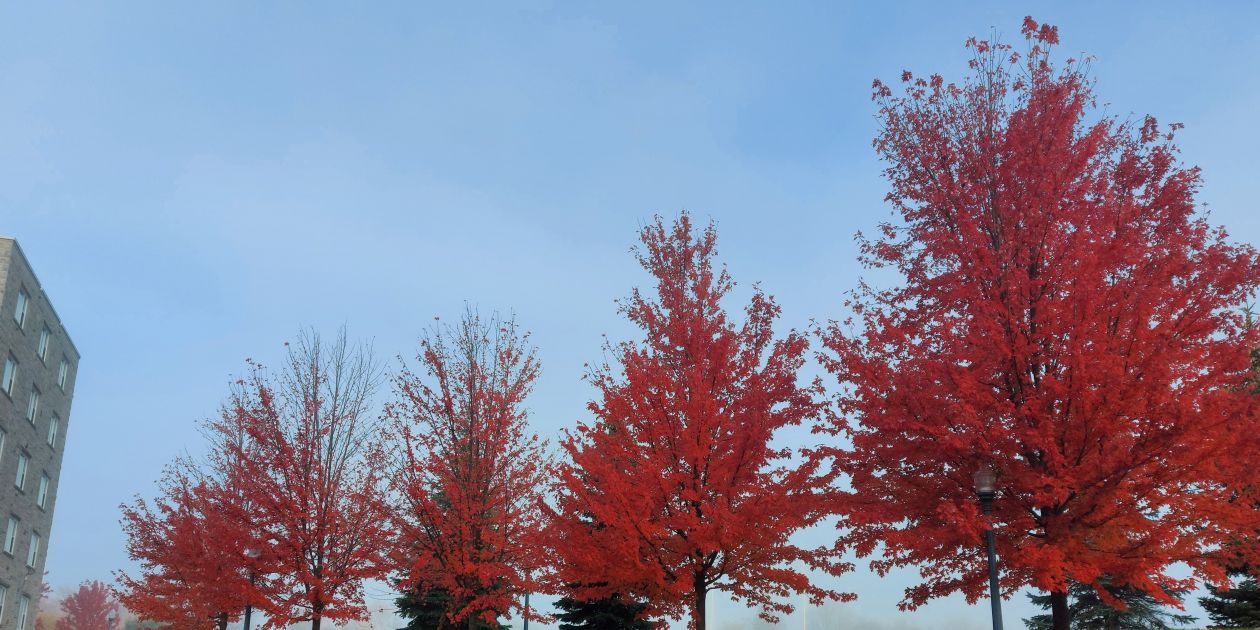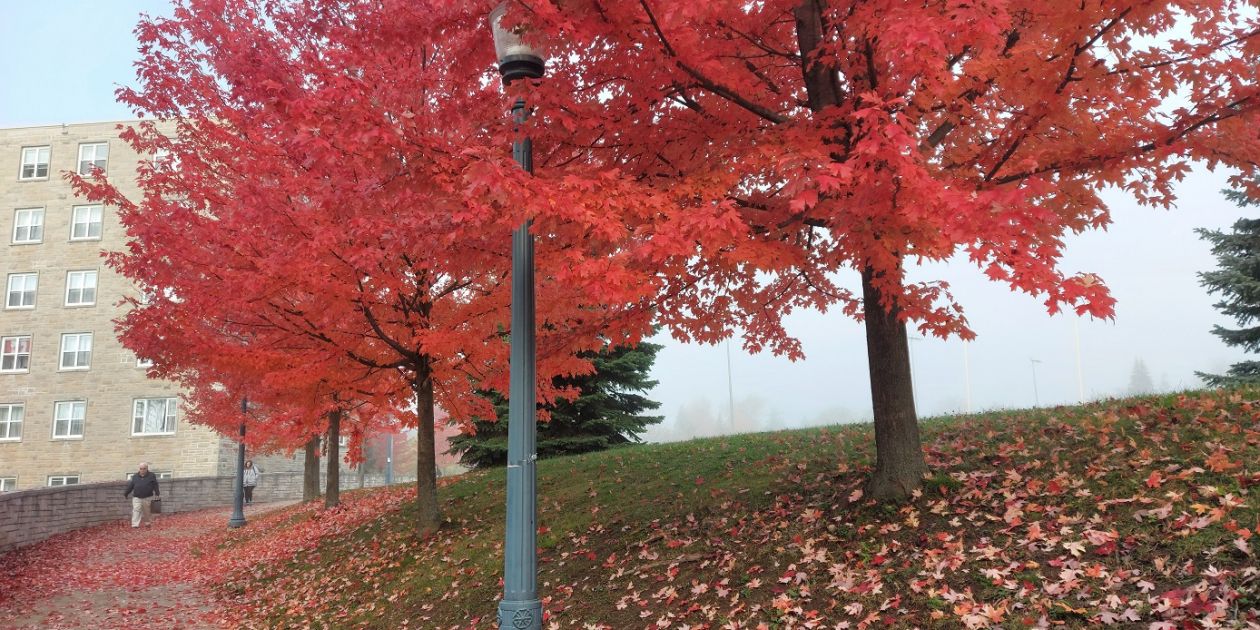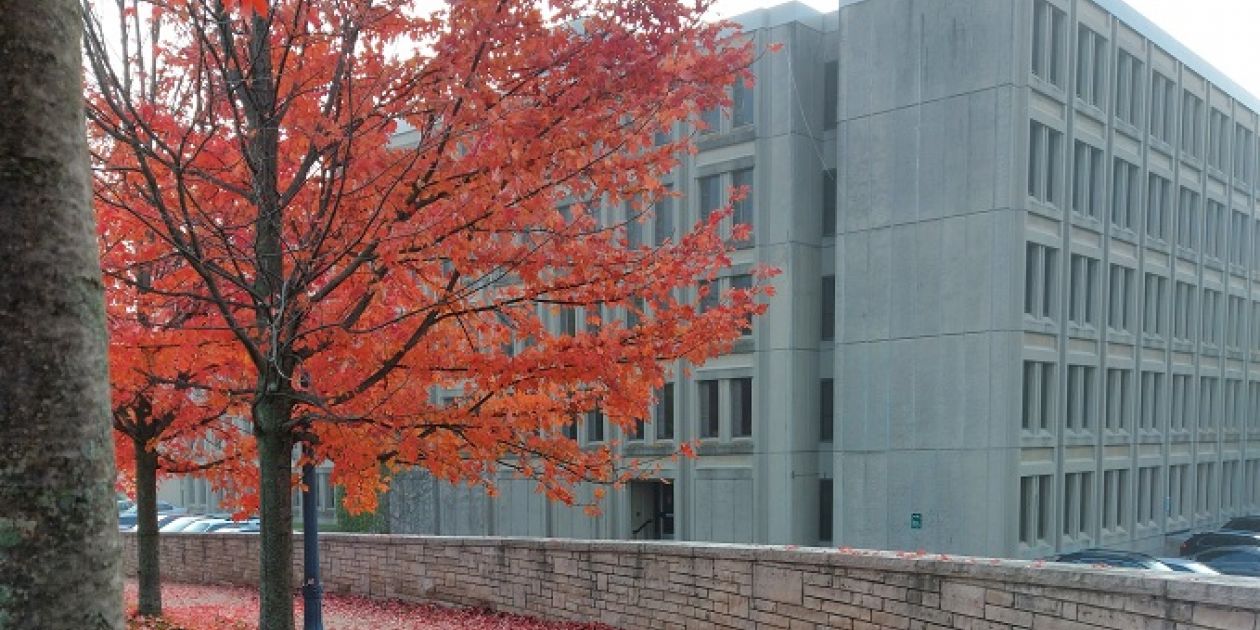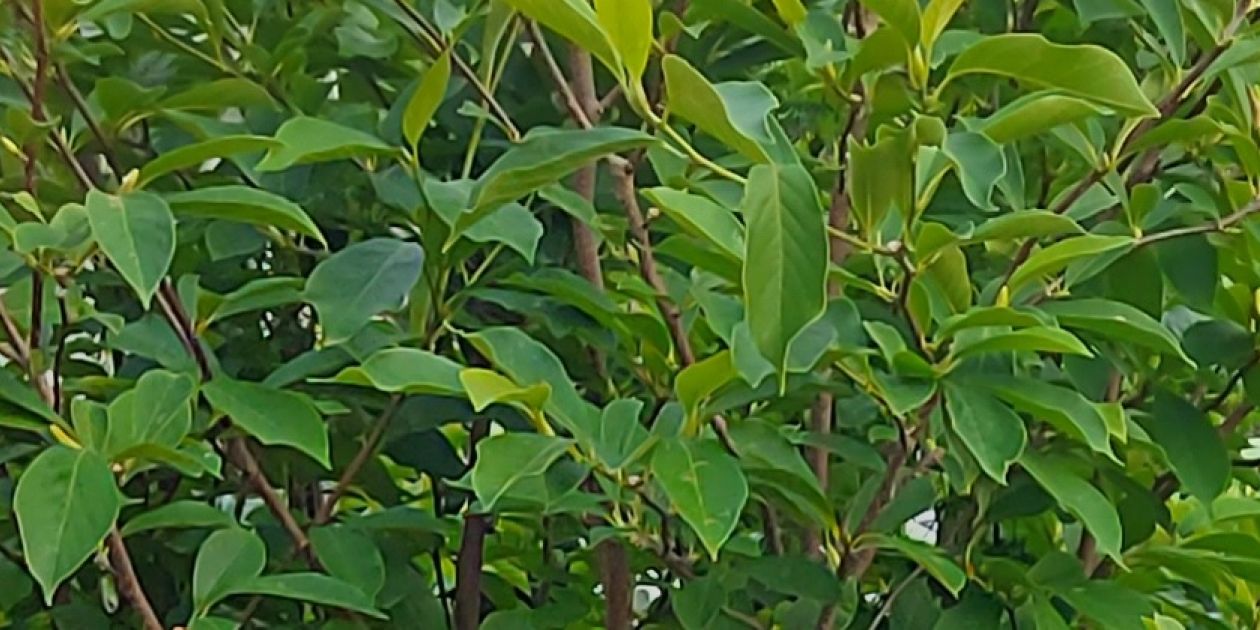As a mid-sized university and department, we provide a rich, supportive learning community to students from across Canada and around the world. Our award-winning graduate faculty, recognized for their contributions to research, teaching and mentorship, offer courses in established and emerging fields of study including the history of gender and sexuality, intellectual history, and urban history, whether focused on Canada, Europe, or other parts of the world. Students benefit from the smaller class sizes and excellent funding opportunities available to our Ph.D. and M.A. students. All our M.A. and Ph.D. students are generously funded through a combination of research and teaching fellowships and assistantships. Our graduate students form a well-knit community that is nurtured by and actively contributes to the intellectual and social exchange offered by the department.
Beyond the classroom, students enjoy the opportunities for exploration offered by Kingston. Situated close to the Thousand Islands and nestled between Lake Ontario, the St. Lawrence River and the Cataraqui River, Kingston offers students plenty of opportunities to explore natural beauty through the hiking trails and beaches in the summer, and to learn about the region’s settler and indigenous history all year round.







